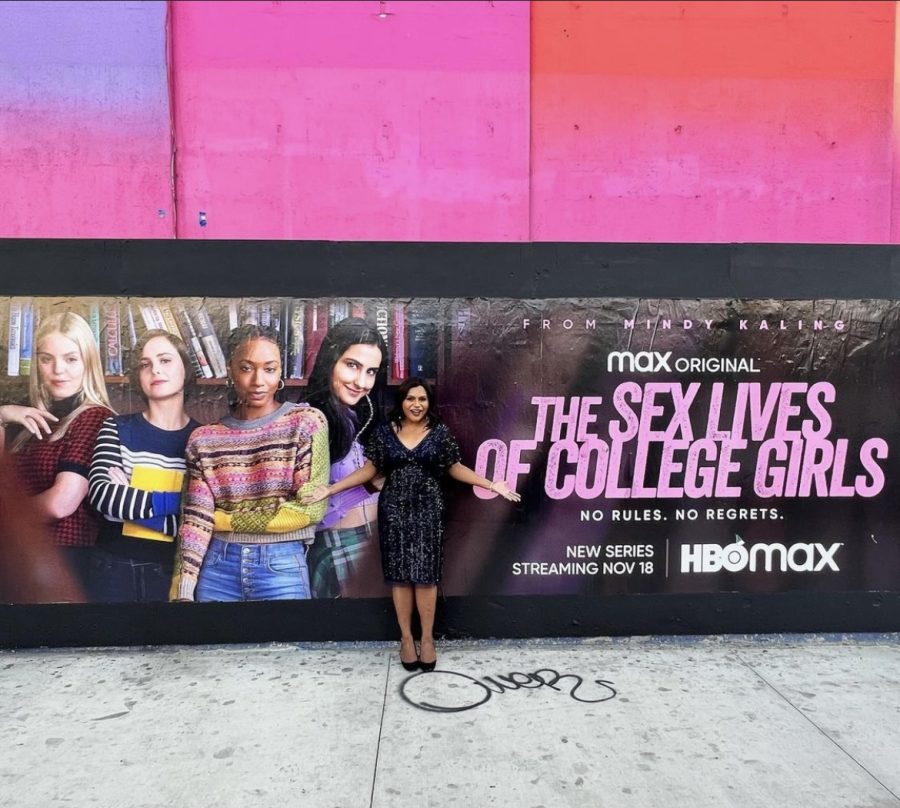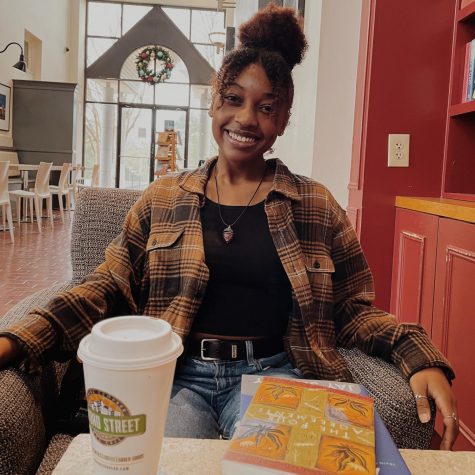It’s rare for a coming-of-age show to be well executed if their aim is to be inclusive with diverse storylines and characters.
For some reason, it’s a cumbersome task for Hollywood to depict the life of the modern young adult without being cheesy or cringey in the process — I’m looking at you, “Grown-ish.”
The Freeform show “Good Trouble,” a spinoff of the hit Freeform television series “The Fosters,” proves that it is possible to create a show that is both entertaining while following the previous criteria of inclusivity and diversity. Even the early 2000s Nickelodeon show “Degrassi: The Next Generation” did an impressive job with authentically portraying the lives of high school students during a time when the topics explored in the storylines were taboo in society.
With that being said, I have to give flowers to one individual who created not only one but two television series that stand out amongst its contemporaries: actress, writer and producer Mindy Kaling.
After watching Kaling’s Netflix show “Never Have I Ever,” which follows an Indian-American high schooler and her family as they navigate life after a tragic loss in the family, I was invested in whatever else Kaling would create.
The entertaining storyline, the depth of the characters and the authenticity of “Never Have I Ever” was a breath of fresh air to a fan of coming-of-age films like myself. I didn’t think it could get any better until Kaling released HBO series “The Sex Lives of College Girls” which, as you can assume by the title, follows the lives of newly-arrived college girls as they adjust to the foreign freedom of being young adults.
“The Sex Lives of College Girls” touches on topics ranging from sexual assult, identity formation, modern romance, sexuality and other topics related to the modern college experience.
Some critics could argue that the show lacks depth or, quite frankly, turns a blind eye when it comes to certain issues explored in the roughly 25-minute episodes such as the friction and learning curve that comes with living with complete strangers (nowhere to be found in the storyline) or the appearance of a cultural appropriation scene where one of the white characters is seen wearing a dashiki to a cultural event (an issue that was addressed then forgotten about). However, I would rather Kaling take her time building and working those issues into the show — if she decides to — rather than poorly executing them because, at the end of the day, the show can still be enjoyed as a light-hearted comedy for those looking for that genre.
So far, there’s only one season of the show with 10 episodes released leaving fans, like myself, impatiently waiting to venture back into the lives of Kimberly, Leighton, Bela, Whitney and, of course — a character that needs more screen time — Lila.
There’s few creatives in the film industry who understand the assignment given to them by coming-of-age fanatics, so it is with confidence when I say: Mindy Kaling understood the assignment.
Aaliyah Alexander is a junior studying journalism and international studies.









